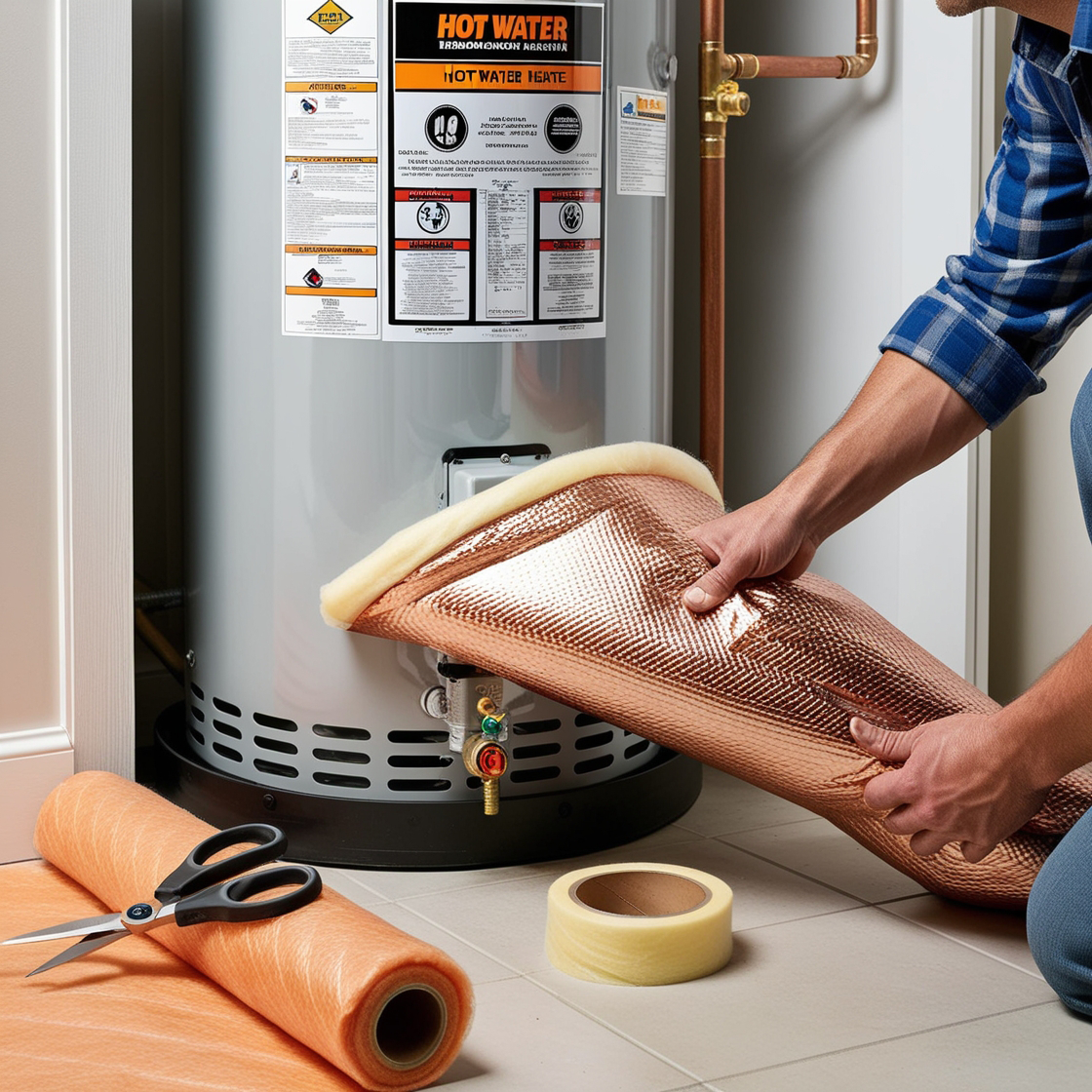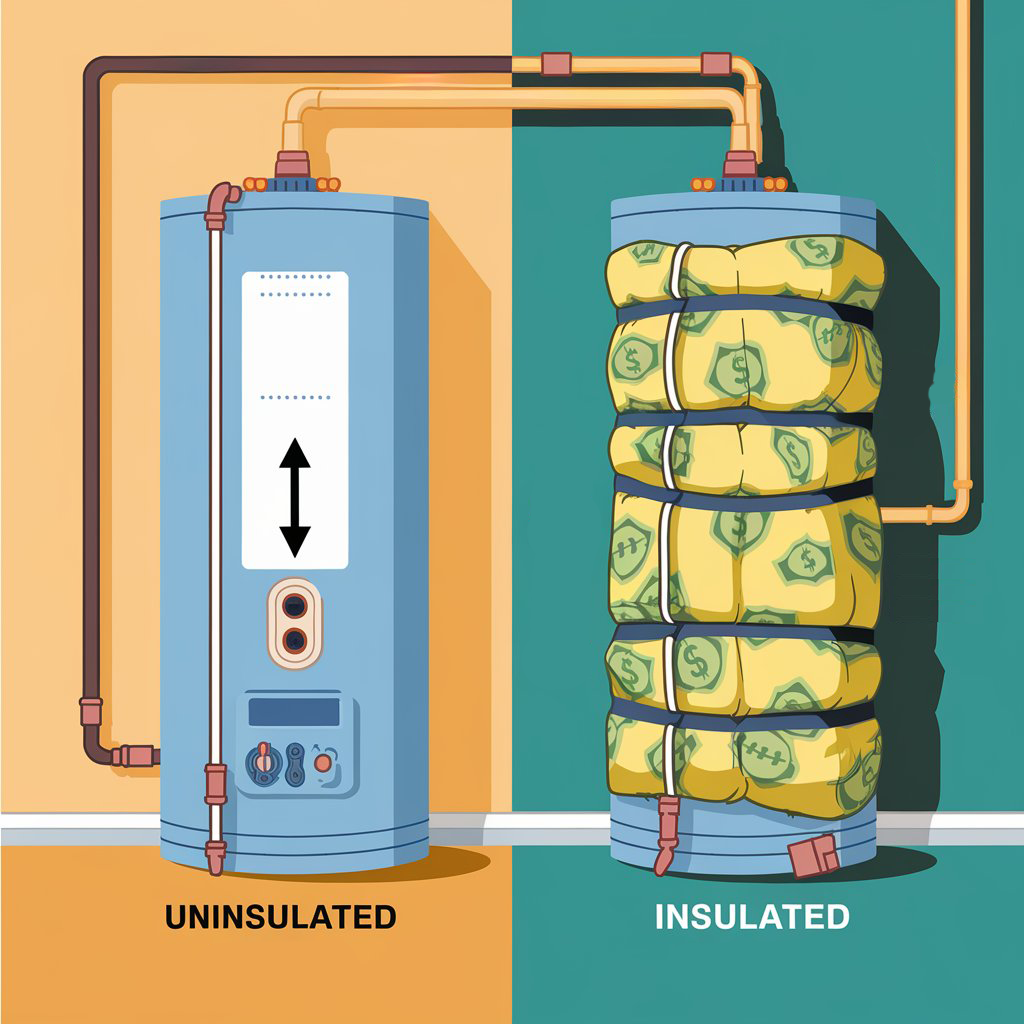

Ask Us
Quick contact form




Deciding To Replace Your Water Heater
Introduction ...
Deciding to replace your water heater can be a significant decision, influenced by several factors including the unit’s age, performance, and repair costs. Here indicators that it might be time to consider replacing your water heater:
Traditional tank-style heaters typically last 8-12 years. If your unit is approaching or exceeds this age, replacement might be more cost-effective.
If you find yourself repairing the water heater frequently, it may be more economical to replace it rather than continue incurring repair costs.
When repair costs approach or exceed 50% of the cost of a new unit, replacing the heater is often a better financial decision.
Fluctuating water temperatures can indicate a failing heating element or thermostat, suggesting it might be time for a replacement.
If your water heater fails to produce hot water consistently, it might be beyond repair, especially if it’s an older model.
Leaks, particularly if they are substantial or coming from the tank itself, often mean the tank is corroded and needs replacing.
Water that appears rusty or discolored can be a sign of internal tank corrosion, which often necessitates a replacement.
Persistent rumbling, banging, or popping noises can indicate sediment buildup or internal issues, suggesting a replacement might be needed.
Frequent pilot light outages or issues with relighting can indicate a more serious problem, potentially warranting replacement.
A noticeable increase in energy bills without changes in usage could signal that your heater is less efficient and needs replacement.
Significant flaking or scaling on the tank can reduce efficiency and may indicate it’s time for a new unit.
Excessive sediment buildup in the tank can reduce efficiency and cause overheating. If flushing the tank doesn’t resolve the issue, consider a replacement.
For gas heaters, a pilot light that frequently goes out could indicate a problem with the gas supply or burner.
If the tank feels excessively hot or is overheating, it could be a sign of a failing thermostat or other internal issues.
An unusually noisy water heater, especially if it’s a tankless model, could be a sign of internal problems or scale buildup.
If your water runs cold quickly during periods of high demand, the unit might be undersized or malfunctioning.
If it takes an unusually long time for your water to heat up, or if the heater isn’t providing hot water consistently, it might need replacing.
Significant fluctuations in water temperature, especially from a tankless heater, can indicate issues with the unit’s sensors or heating elements.
Visible corrosion on the tank or around fittings often indicates that the unit is nearing the end of its life.
If your water heater no longer heats water efficiently, it may be time to replace it with a newer, more efficient model.
If you find that you’re running out of hot water more often than before, the tank size might be inadequate or the heater might be failing.
Persistent or significant leaks, especially from the tank, often mean that replacement is necessary.
An extended time for hot water to reach the desired temperature can indicate a failing heating element or thermostat.
If your heater is older than the recommended lifespan for its type, it may be more cost-effective to replace it.
If the heater continues to have issues despite recent repairs, it might be a sign that a replacement is needed.
If performance has declined after recent maintenance, it may indicate underlying issues that could necessitate a replacement.
A noticeable decline in energy efficiency could mean the heater is no longer performing optimally and may need to be replaced.
If your household’s hot water needs have increased and the current unit can’t keep up, it might be time for a larger or more efficient model.
Constantly adjusting the thermostat to achieve the desired water temperature can indicate a problem with the thermostat or other components.
Visible signs of wear, such as rust or corrosion, especially if they are significant, can signal that the heater is nearing the end of its life.
Conclusion
Identifying when to replace your water heater involves recognizing these signs and assessing the overall condition and performance of your unit. Regular maintenance and timely replacement can help ensure that you continue to enjoy reliable and efficient hot water in your home. If you observe any of these indicators, consulting a professional can provide guidance on whether repair or replacement is the best option for your situation.
